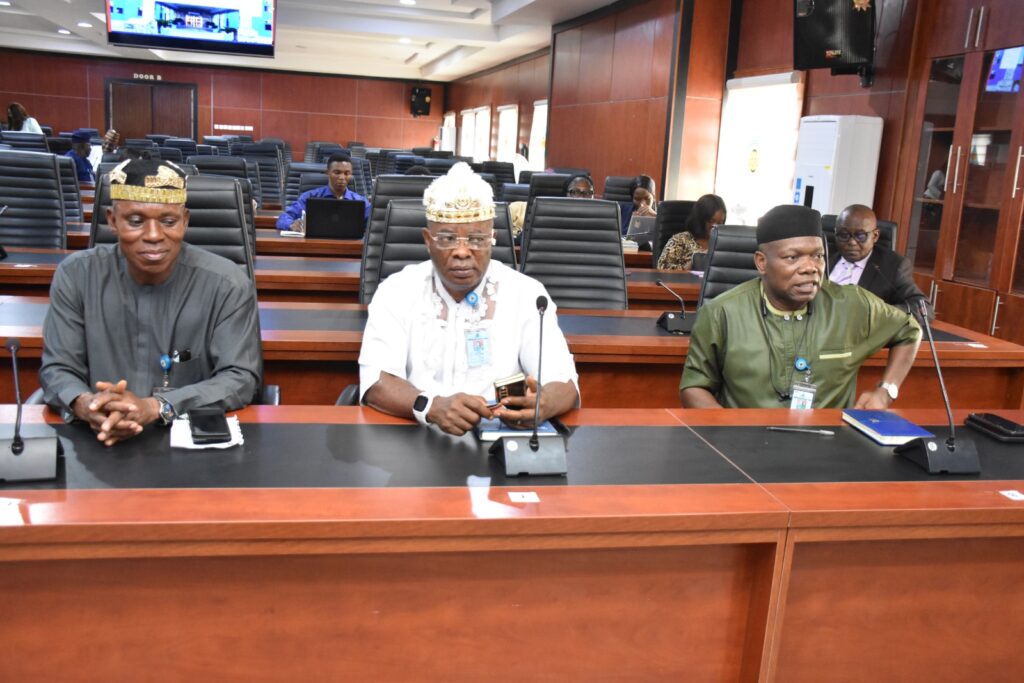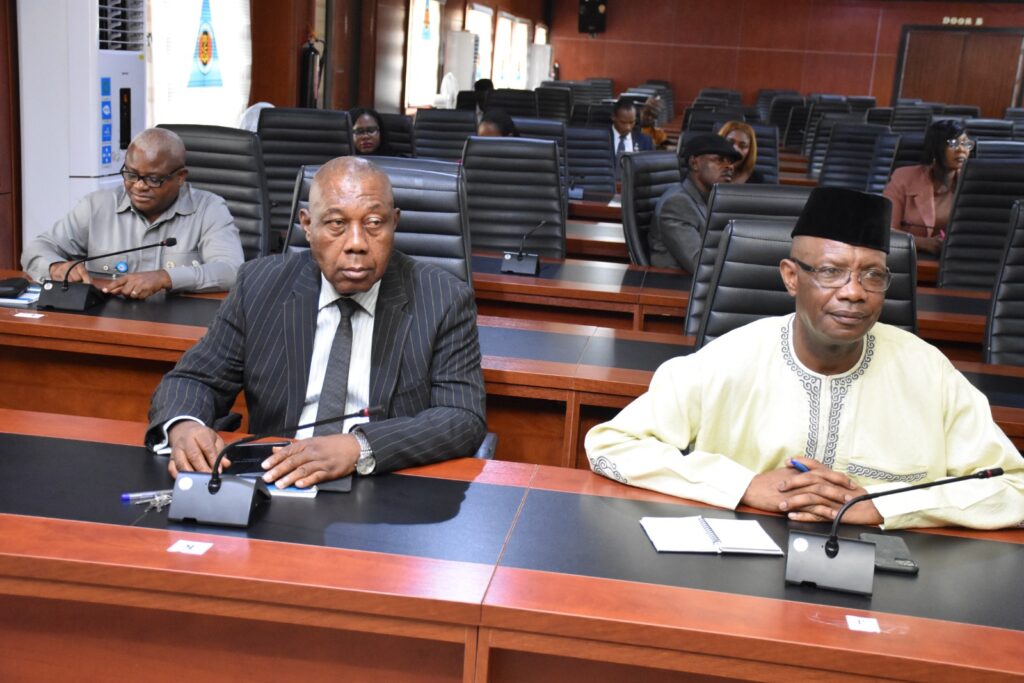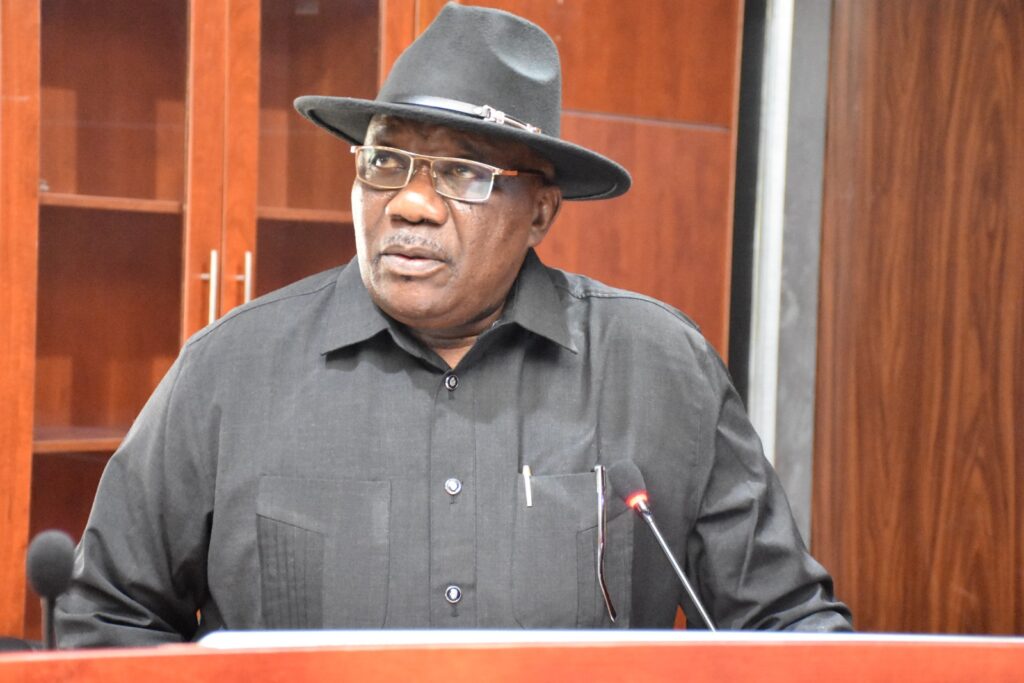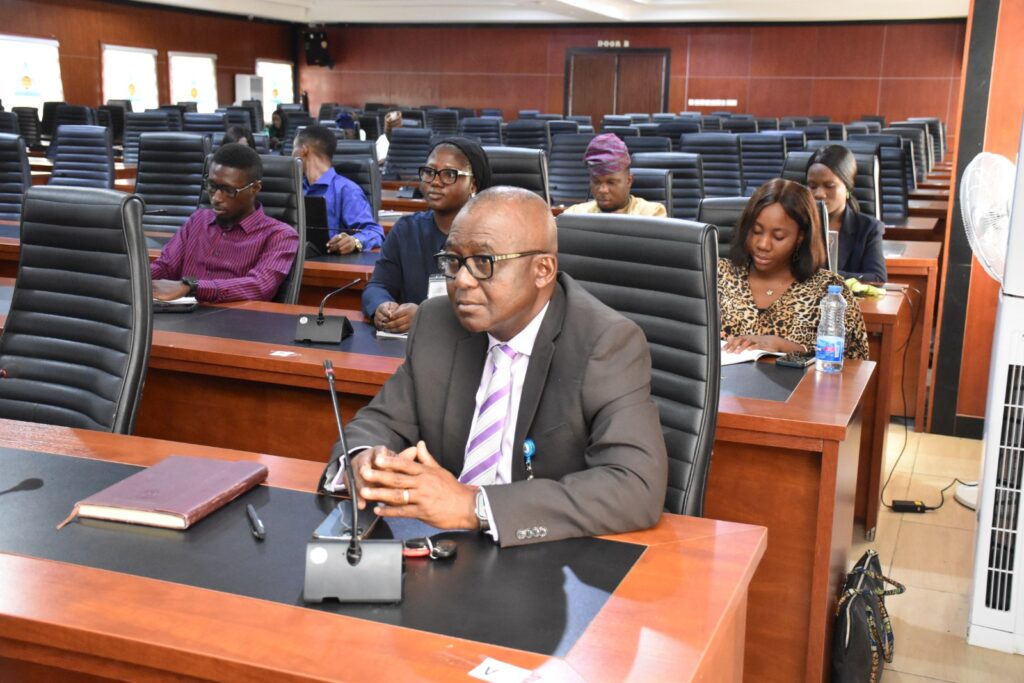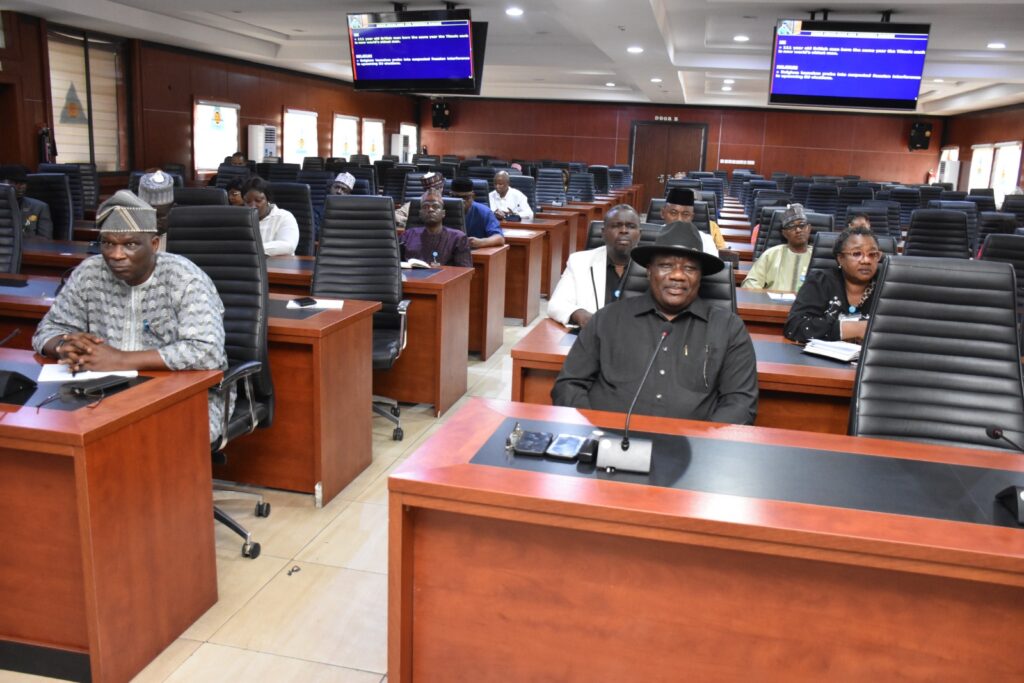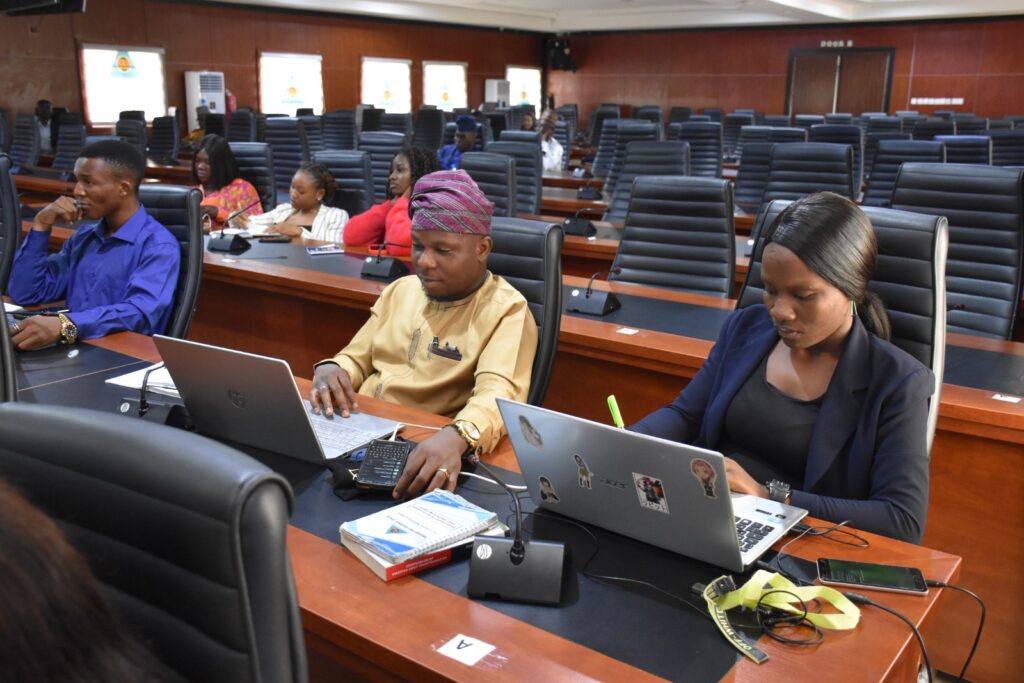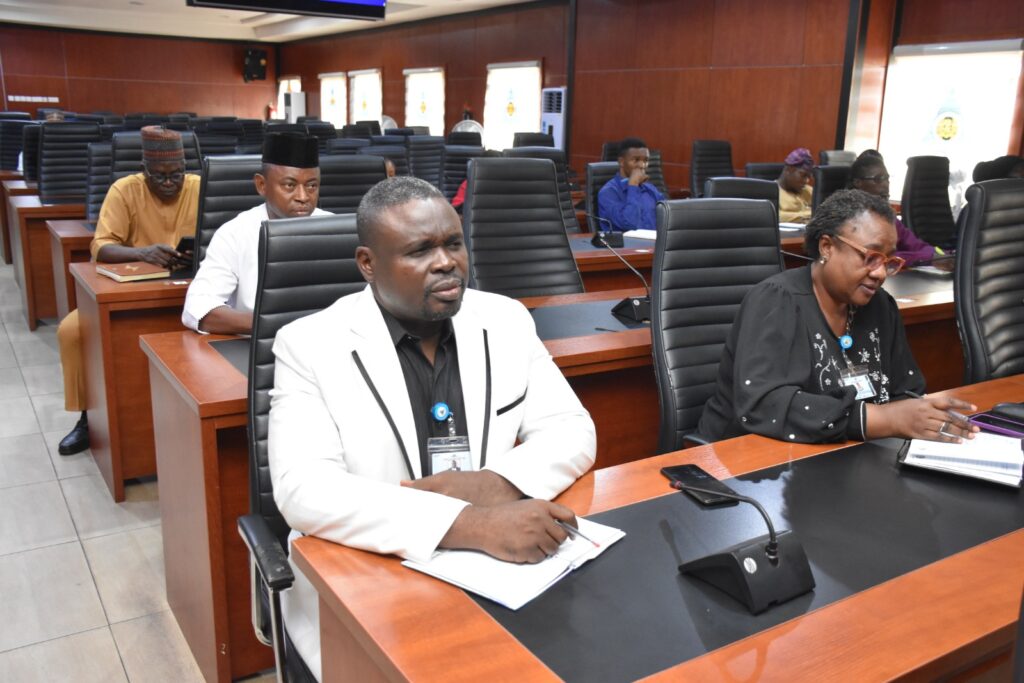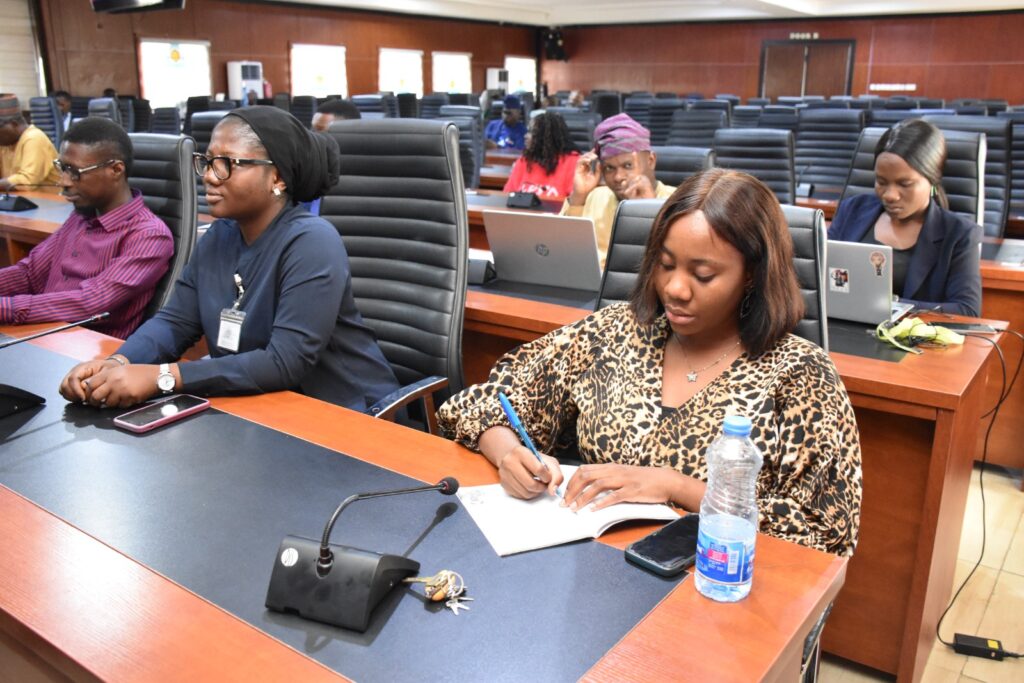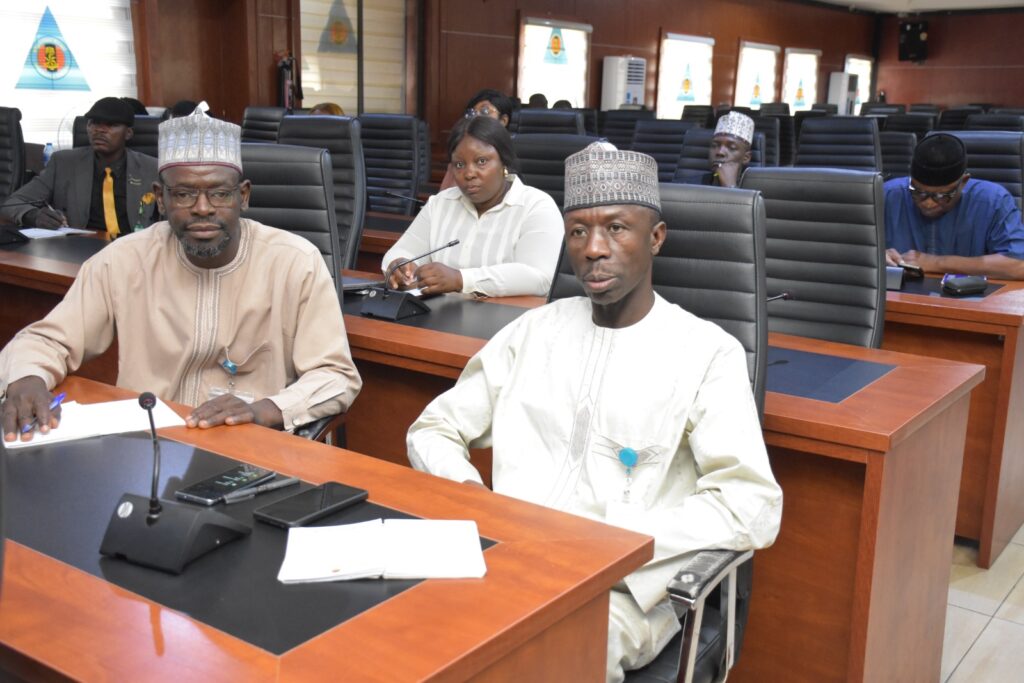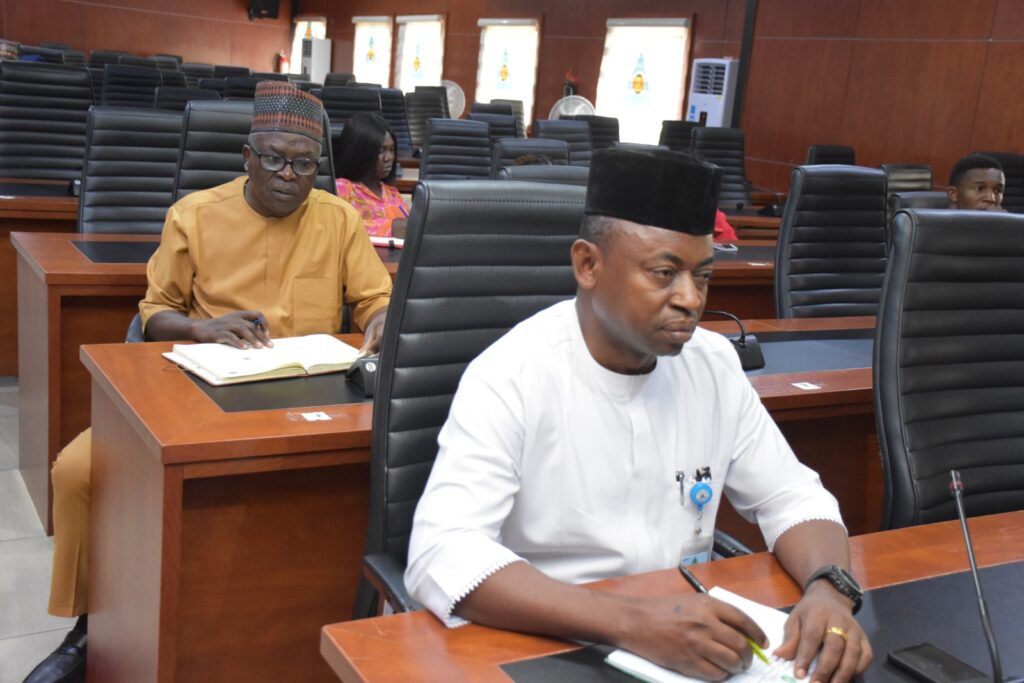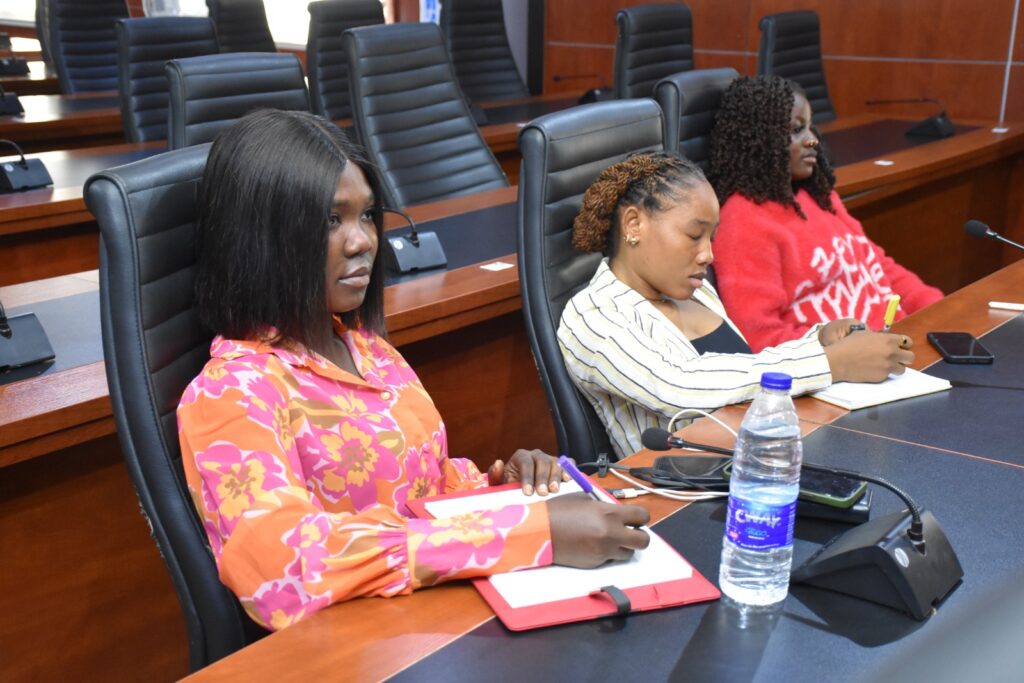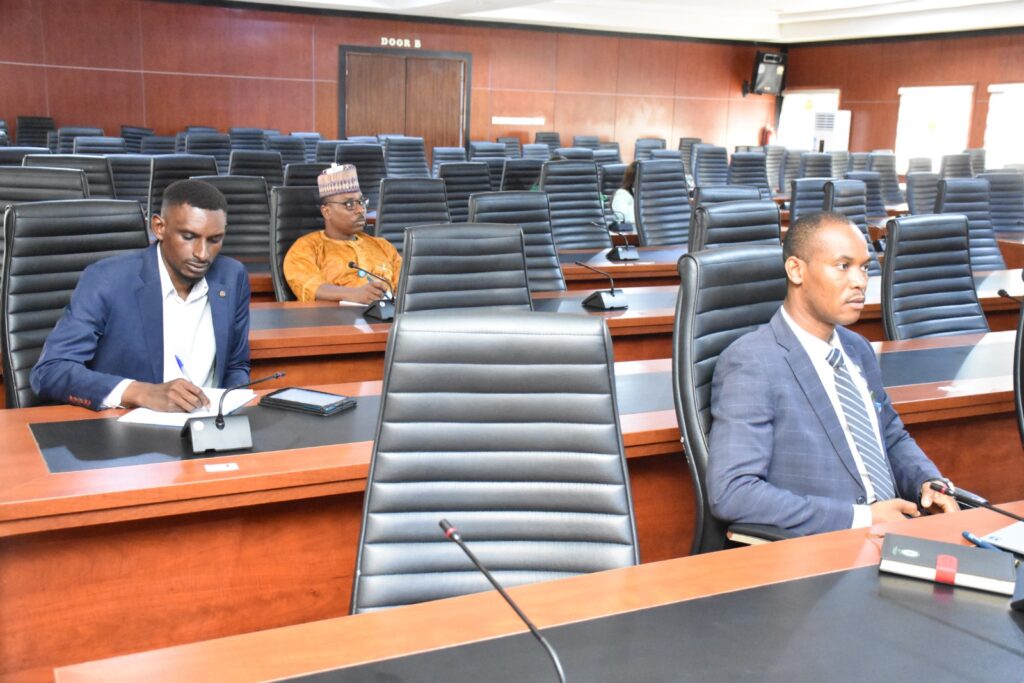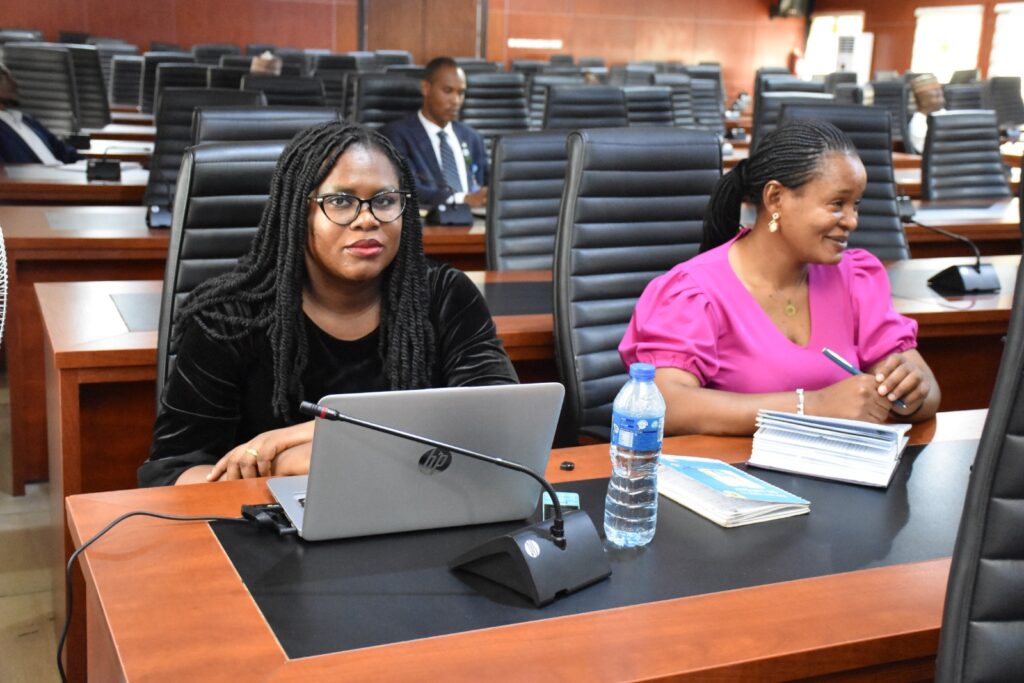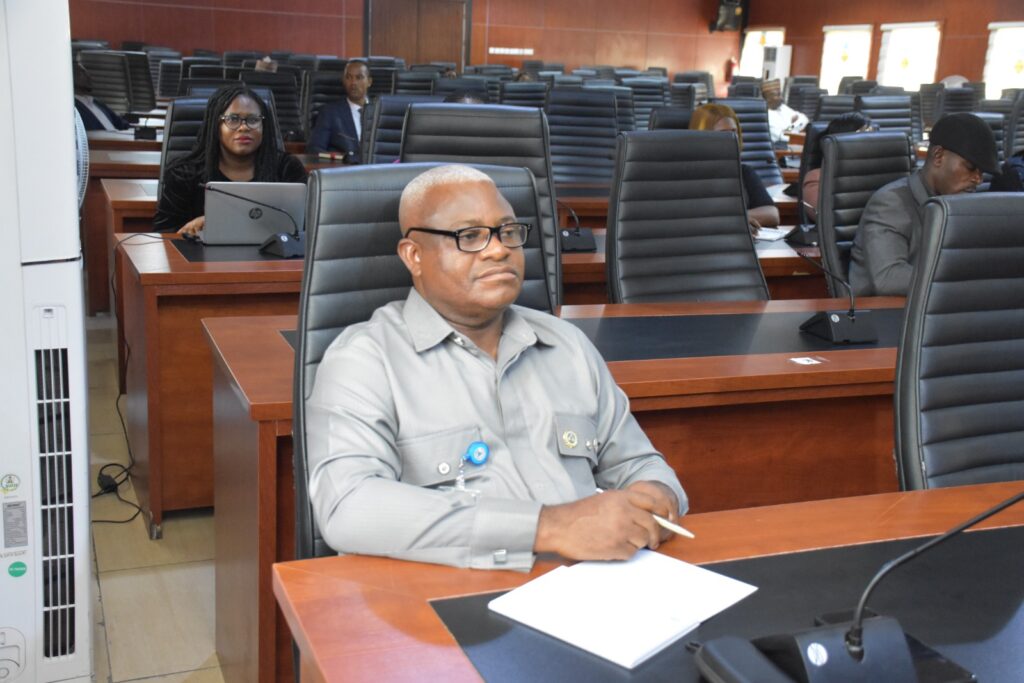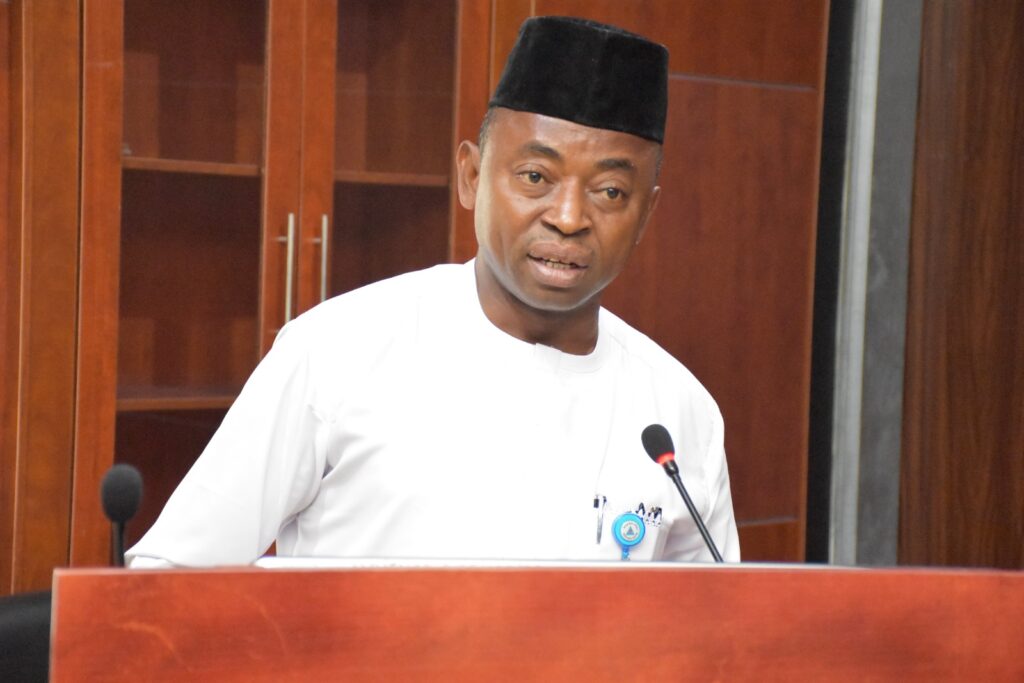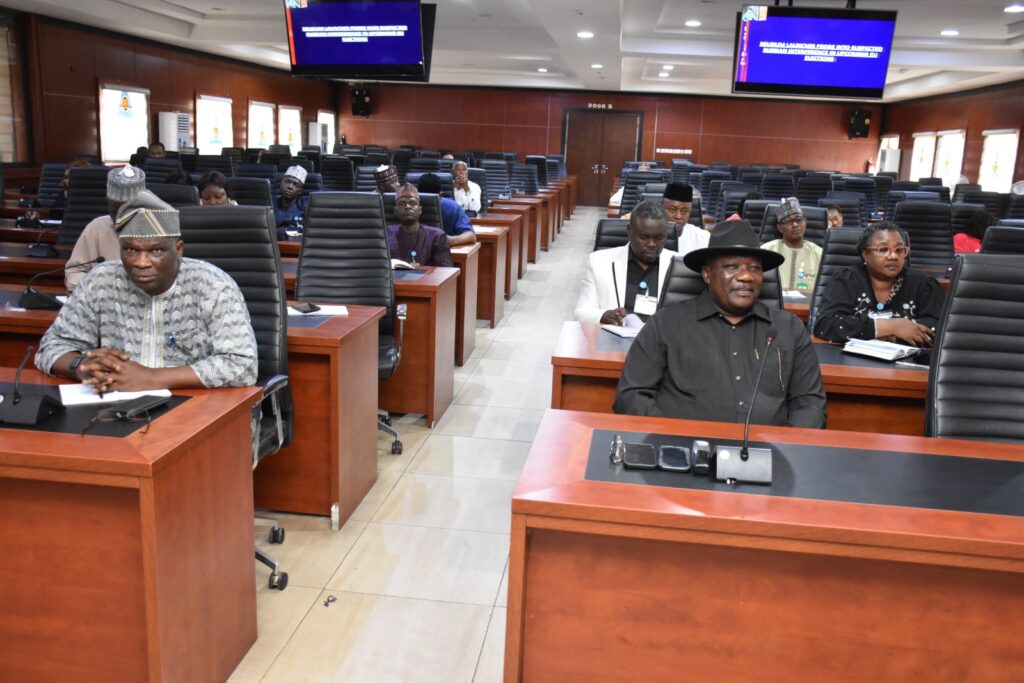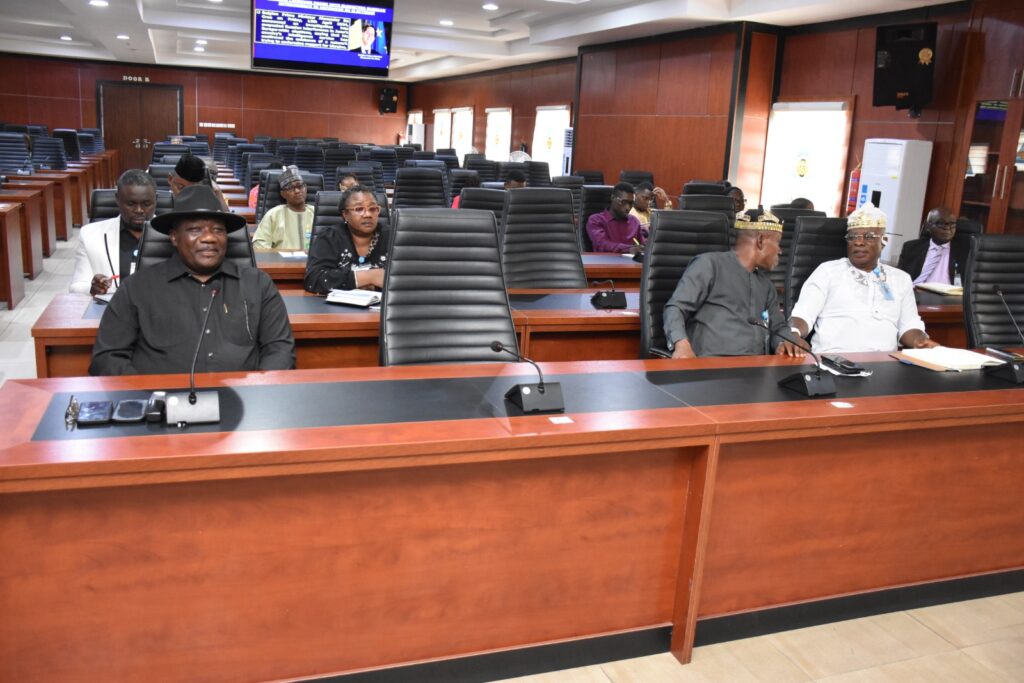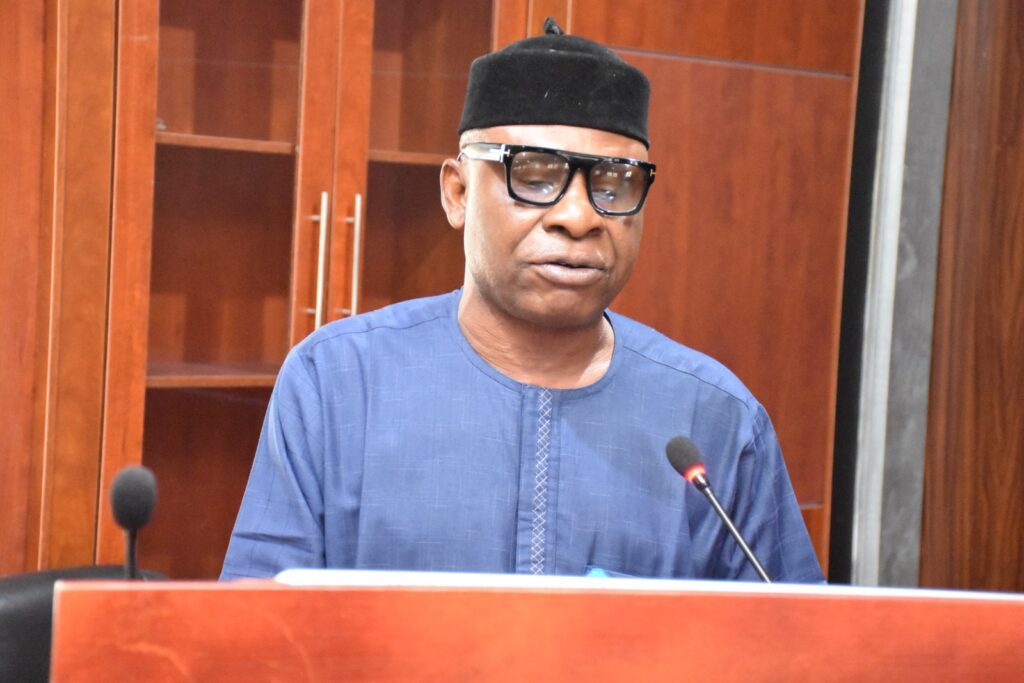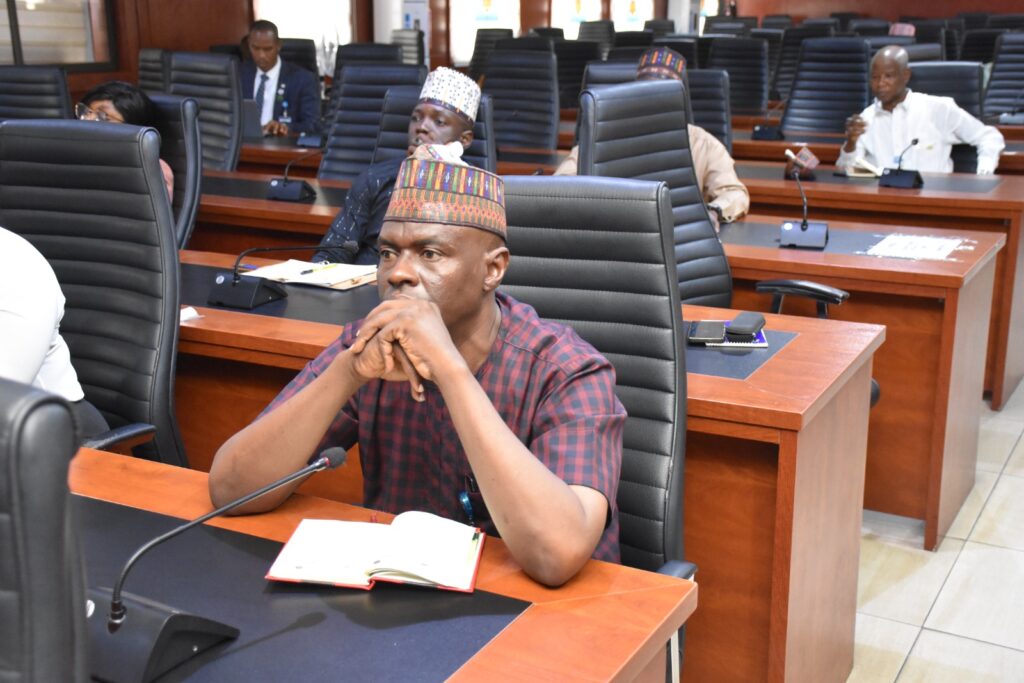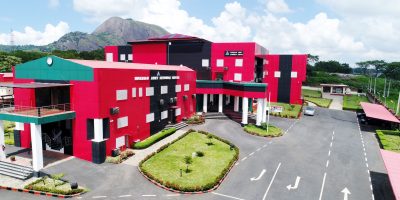Nigerian Army Resource Centre (NARC) Weekly Subject Experts’ Presentation was held at Hall C, TY Buratai Block, Abuja. There were three presentations made by the Subject Experts on West Africa, Gulf of Guinea, Central America, Western Europe and Nigeria,
The first presentation by Maj Gen OO Adeleke (Rtd) subject expert on West Africa and Gulf of Guinea, discussed how thousands become Homeless after Demolition in Ivory Coast’s Main City. The Associated Press reported on 17 Apr 2024 that hundreds of homes were crushed in a February wave of demolitions targeting Abidjan’s underdeveloped areas. The government says it’s because of public health concerns as the poor areas built along a lagoon in the port city of 6.3 million on West Africa’s Southern coast suffer deadly floods during the rainy season. More than 300 people have been killed since 2005, and officials say the deluges become breeding grounds for diseases.
In his analysis and lessons for Nigeria, Gen OO Adeleke (Rtd) pointed out that. The demolition of properties in Nigeria have become a heightened worry amongst residents. Several demolitions have been carried out across the country by state government authorities and virtually all of them have had devastating consequences for the well-being of the rich and the poor. While the government has legal rights to carry out the demolitions, cognizance must be taken of Section 29 of the land use act, which provides that the occupier is entitled to compensation up to the value of the land in the year of revocation. However, to ensure that a resident is compensated, he must comply with the rules of land ownership.
He recommended that the Federal Government of Nigeria should advice state governments to ensure that due process is followed before people’s properties are demolished. The Ministry of Information and National Orientation, should constantly educate the citizens on the need to comply with the laid down rules for acquiring a property to ensure full coverage under the legal umbrella when issues regarding demolition arises.
The second presentation by Brig Gen ED Idimah Subject Experts on Central America, centered his presentation on, how Costa Rica farmers are going out of business. ‘’On 17 April 2024 Tico Times reported that the National Chamber of Agriculture and Agribusiness (CNAA) of Costa Rica was losing $1,000,000 monthly from the agricultural sector due to issues at the Caldera port on the Pacific coast. The CNAA has expressed concerns about the administration and operation of the port, particularly regarding the utilization of the fourth position of the dock for unloading different product types, which has disrupted the flow of goods nationwide. Additionally, restrictions on navigation through the Panama Canal, caused by low water levels due to a severe drought, have resulted in prolonged delays and significant increases in maritime freight rates. This has made the import of grains, raw materials, and agricultural inputs more expensive in Costa Rica.
In his analysis and lessons for Nigeria, Brigadier General Idimah noted that, the challenges faced by Nigerian ports have significant implications for national security. The inefficiencies and congestion at the ports can hamper trade activities and negatively impact the economy, leading to social unrest and instability. Revenue loss due to decreased cargo volume and inefficiencies in cargo handling limits resources for security infrastructure and initiatives. Inadequate maritime security and vulnerability to external influence can pose threats to national security, while smuggling, trafficking, and environmental concerns further contribute to security risks. Addressing these challenges and implementing necessary reforms are crucial to safeguarding national security interests and promoting sustainable economic growth.
He recommended that, the Federal Government of Nigerian should foster collaboration among relevant stakeholders including government agencies, port authorities, shipping companies and international partners to prevent and combat illegal activities and also enhance security at the ports by implementing advanced surveillance system and utilizing technologies like biometrics and cargo tracking equipment to deter illicit activities
The third presentation by Maj Gen Gu Chibuisi Subject Expert on Western Europe, focused on how Belgium Launches Probe into Suspected Russian Interference in Upcoming Eu Elections. Belgian Prime Minister Alexander De Croo on Friday, 12th April 2024, announced an investigation into suspected Russian interference in June’s Europe-wide elections, saying that his country’s intelligence service has confirmed the existence of a network trying to undermine support for Ukraine. He alleged that the intelligence services have confirmed the existence of pro-Russian interference networks with activities in several European countries including Belgium, who currently holds the rotating presidency of the European Union.
In his analysis and lessons for Nigeria, Maj Gen Gu Chibuisi stressed that, External influence in Nigeria’s election could undermine the nation’s democratic credentials and threaten national security, political stability and social cohesion. It could also disrupt the economy, fuel ethno-religious tensions and disrupt international relations. Safeguarding Nigeria’s elections against foreign interference is therefore crucial in the nation’s democratic march. It will require series of preemptive actions that will involve legislators, public policy makers and technology to address.
[
He recommended that, INEC should implement protocols to safeguard electoral infrastructure from external hacking or manipulation, including enhancing network security, conducting regular audits, and investing in advanced technologies for threat detection and response and also the FGN should collaborate with international partners and organizations to share best practices, intelligence, and resources for countering external interference in elections. This should include diplomatic efforts to raise awareness and garner support for safeguarding Nigeria’s democratic processes on the global stage.
The four presentation by Brig Gen CC Ogbu Subject Expert on Nigeria, focused on 10 Years After, Endless Wait for 82 Chibok Girls Worsens Pain of Grieving Families. On Sunday 14 April 2024, Punch Newspaper, alongside several electronic and print media outfits, reported that it was exactly 10 years since 276 school girls of the Government Girls Secondary School in Chibok, Borno State, were abducted by the Boko Haram terrorist group with about 82 yet to be rescued as at date. Recall that on the night of 14 April, 2014, 276 mostly Christian female students aged from 16 to 18 were kidnapped by the Islamic terrorist group, Boko Haram from their school at Chibok town in Borno State. It was reported that 57 of the girls managed to jump out of the truck and escaped on the night of their capture, remaining 219.
In his analysis and lessons for Nigeria, Brig Gen CC Ogbu pointed out that, On Sunday, 14 April, 2024, it clocked 10 years that 276 mostly Christian female students aged from 16 to 18 were kidnapped by Boko Haram from Government Girls Secondary School, Chibok, a town in Borno State. It was reported that 57 of the girls escaped on the night of their capture, remaining 219. Over the years, 107 of them were released, about 30 were either found in the bush or rescued by the military, while 82 remained missing till date. Meanwhile, a minimum of 17 cases of mass abductions in which at least 1,700 children were seized from their schools by gunmen had been documented since then. The Chibok kidnap gave rise to the emergence of the #BringBackOurGirls (#BBOG) movement, a coalition between elite women and middle-class allies, marking a new trajectory in human rights advocacy led by African women.
He recommended that, the Office of the NSA should coordinate all the security agencies towards a harmonized intelligence gathering and sharing for a better inter-agency cooperation against kidnap and other crimes and also The Office of the NSA should coordinate all the security agencies towards a harmonized intelligence gathering and sharing for a better inter-agency cooperation against kidnap and other crimes.

